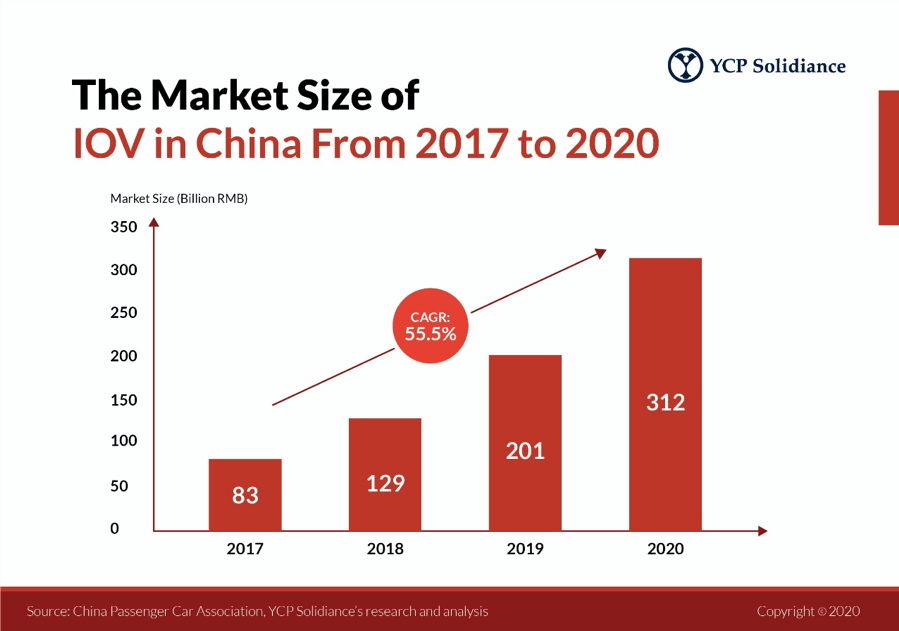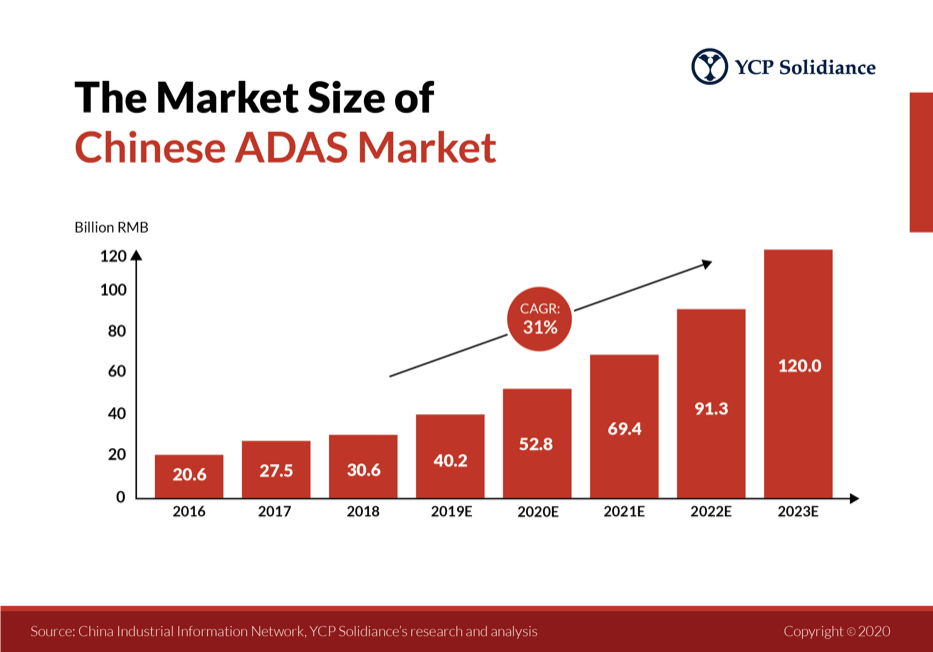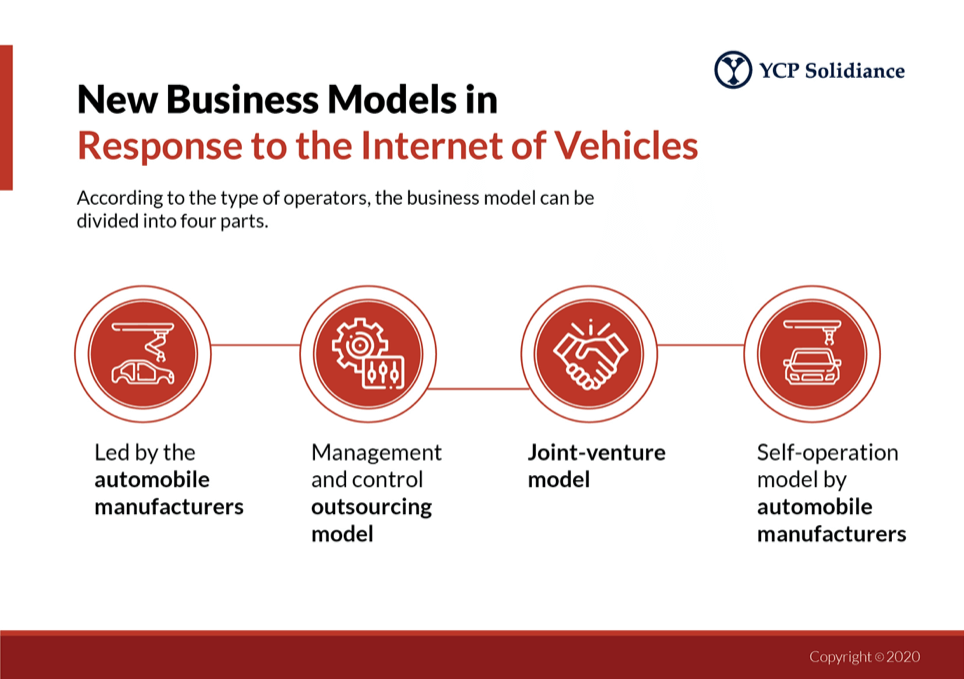Shanghai, May 2020 - YCP Solidiance, an Asia-focused strategy consulting firm headquartered in Hong Kong, has published a white paper on “The Future of Mobility in China: Internet of Vehicles”. The report showcases the development of the Internet of Vehicles (IOV), as well as the revolution it brings to change the Chinese automotive industry.
The IOV will fundamentally transform the driving experience and provide extensive opportunities and solutions for players in the industry. IOV’s web system is able to conduct wireless communication and information transmission, realizing smart transportation management, smart real-time information service, and vehicle control.
The huge automotive market and supportive government regulations provide a strong foundation for the adoption of IOV. With China's IOV users have reached 17.8 million in 2017 and car ownership to exceed 400 million by 2023, the country is becoming one of the most important markets in the world. The penetration rate and market of IOV will reach 22% and RMB 312 billion in 2020 respectively, with a CAGR of 55.5%.

Market Potentials and Investment Trends
Technologies such as the advanced driver-assistance systems (ADAS)’s market size will reach RMB 120 billion in 2023, with a CAGR of 31%. The assembly volume of T-Box in passenger cars will be 14.16 million by 2023 with a CAGR of 18%. Similarly, the car voice market is expected to achieve RMB 109.6 billion in 2021, after securing a CAGR of 42% back in 2018.

Adding to that, IOV companies have always been a hot spot for investment particularly for many internet companies, traditional car companies, and investment institutions. For instance, Zhidao Network announced the completion of Round A financing worth USD 120 million which was led by Tencent and other investment institutions. Shanghai Botai has also received millions of RMB of financing mainly from Suning Group for IOV’s R&D development, presenting a great outlook in the industry for future investments.
New and Future Business Models

In the future, the top OEMs will likely continue to transform into IT-driven companies through M&A and develop their own ADAS as well as car networking systems, as General Motors and Volkswagen have done. Other OEMs will likely apply intelligent systems from the three giants (i.e. Ali, Baidu, and Tencent). Meanwhile, some telecom companies such as Huawei may potentially manufacture intelligent spare parts and cooperate with OEMs and intelligent system suppliers.
For more details about this report, download the full version of the white paper here.





